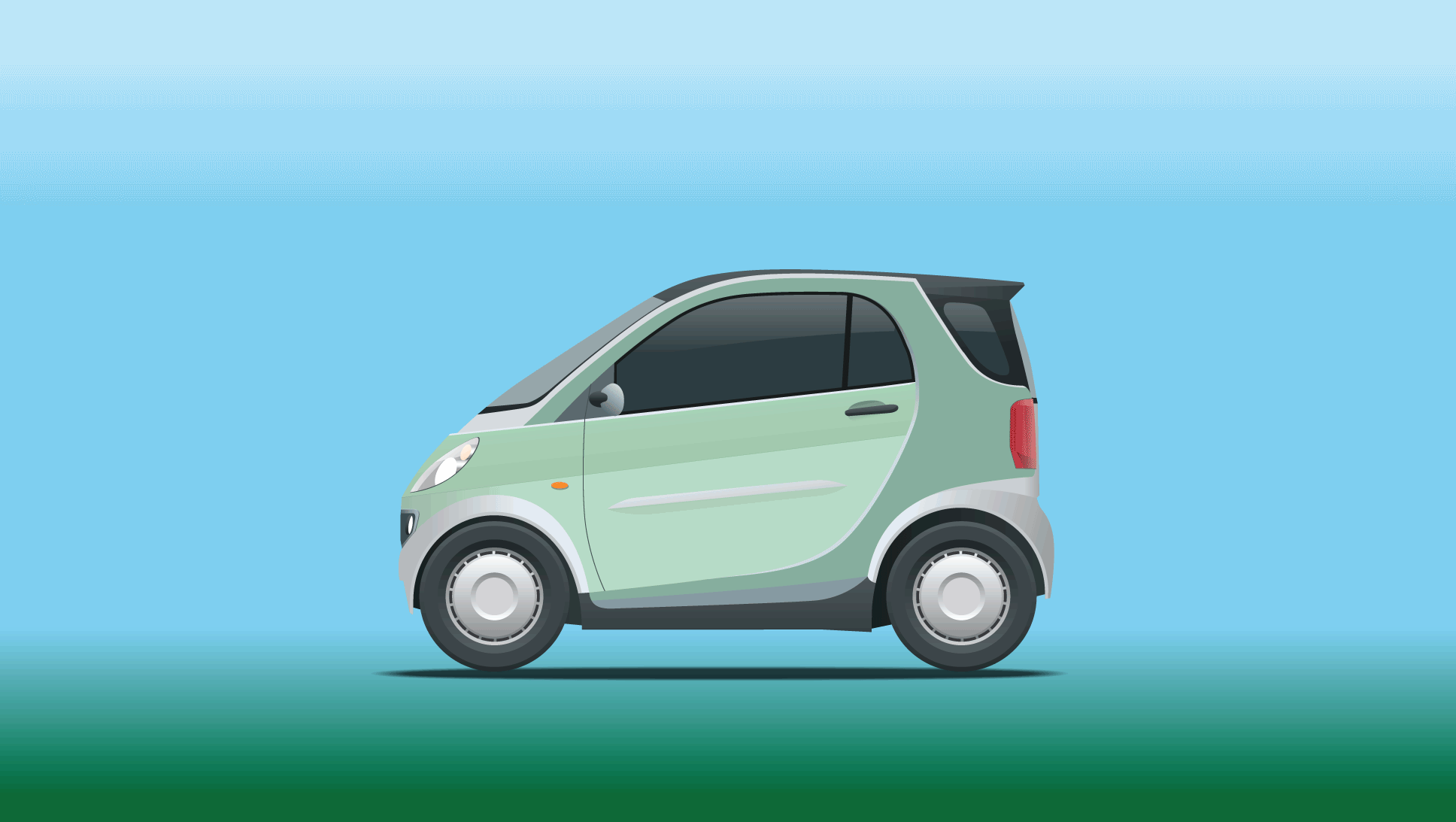- March 02, 2021
- By Samantha Watters
With fuel-sipping hybrids and electric vehicles that take a full pass on the pump increasingly common on American roads, new University of Maryland research shows that households that spring for one eco-friendly car often make up for it with a gas guzzler.
The study published in The RAND Journal of Economics found that 57% of the fuel savings—and resulting atmospheric carbon reduction benefits—that come with driving a fuel-efficient car can be eroded by the purchase of a second less efficient vehicle.
Since about 75% of cars are purchased by multi-car households, these findings could have major implications for regulations like the Corporate Average Fuel Economy (CAFE) standards and carbon mitigation programs such as the former federal “cash for clunkers” program designed to get old cars off the road. They simply aren’t taking into account the actual decision-making processes of consumers, said study lead author James Archsmith, assistant professor in the Department of Agricultural and Resource Economics.
“We have a lot of energy policy out there trying to get people to buy more fuel-efficient cars, but we really think of every car as this separate purchase that doesn’t rely on any other things going on in the household, and that’s just not the case,” he said. “Other vehicles, priorities and how those purchases and the intended uses of the vehicles interact are all important to understand how effective our policies are.”
Archsmith and collaborators from Yale University, the Massachusetts Institute of Technology and the University of California, Davis examined California Department of Motor Vehicles data on purchases by two-car households over six years, finding multiple trends pointing to a decrease in overall fuel economy and efficiency. He likened it to the so-called “diet soda effect,” where people cut calories one way but erase the benefit by adding an order of fries, for instance.
“It’s not likely that people are actually thinking about fuel economy that way—that they can splurge on a less fuel-efficient vehicle,” said Archsmith. Instead, it might work more like this: “I have a car that is small and fuel-efficient, but it isn’t as comfortable and can’t fit the kids. Then, I tend to buy a bigger second car. (The decision) is more likely utility-based in some way, but it is correlated with fuel economy nonetheless.”
The study also found that consumers who buy fuel-efficient vehicles tend to drive them more and farther distances than they might otherwise, further chipping away at the emissions benefits.
“Unintended consequences like this need to be taken into account when making policy,” said David Rapson, a co-author and economist at UC Davis. “On average, fuel economy standards are putting more fuel-efficient cars in households. That can be good if it reduces gasoline use. But if it causes people to buy a bigger, less fuel-efficient second car to compensate, this unintended effect will erode the intended goals of the policy.”
Archsmith and the team plan to expand this research beyond California, which often serves as a model for other states’ car emissions control measures, as well as to cover other aspects of driving that weigh on fuel economy policies.
“We want to focus more on driving behavior and how multi-car households drive their vehicles and respond to changes in gasoline prices in the future,” said Archsmith. “The pandemic has also changed the way people drive, and we expect to see more purchases of fuel-inefficient cars coming off of lockdowns and lower gas prices.”
